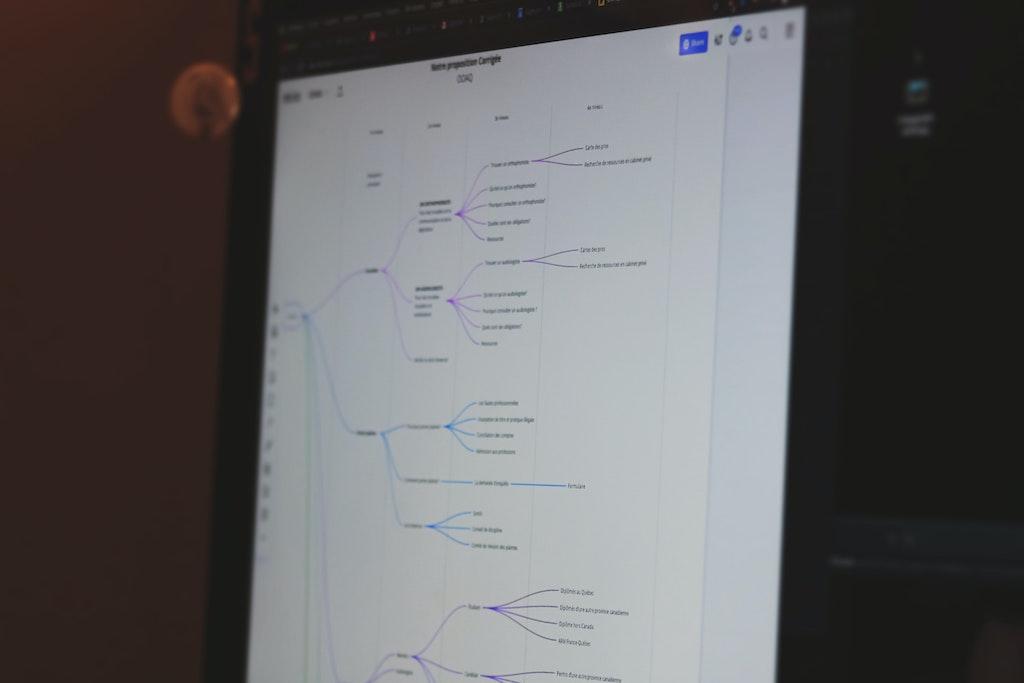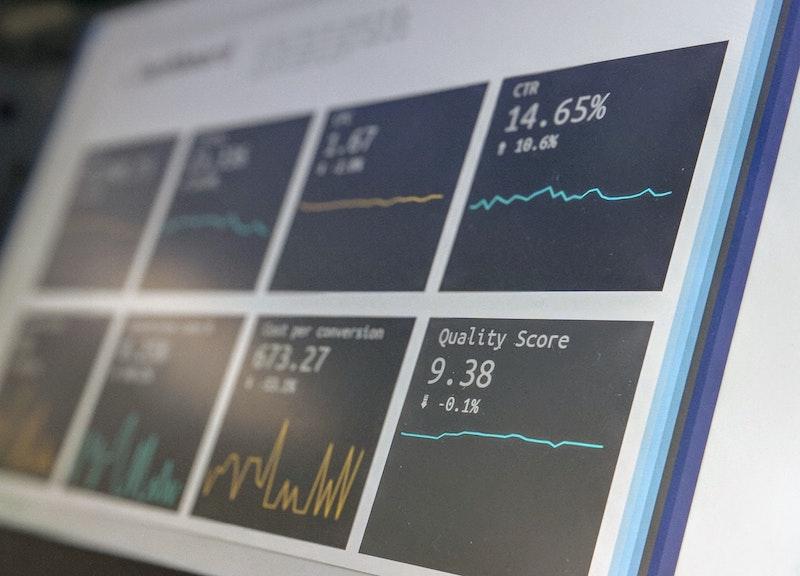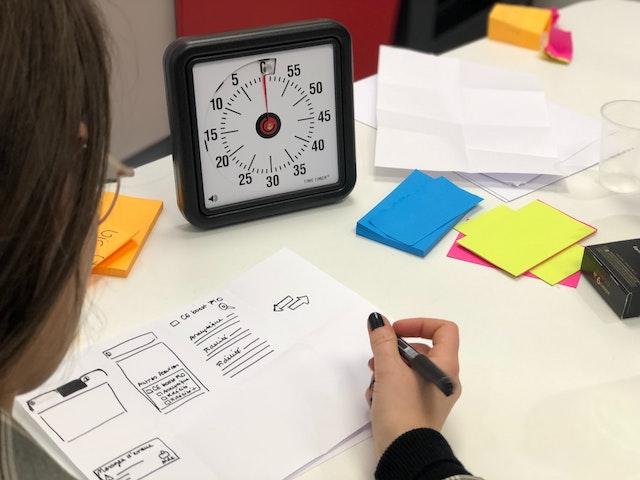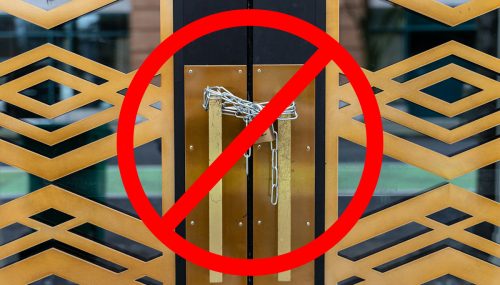How To Know If You Need To Attend A Startup Workshop
Gone are the days when a good idea and a lot of hard work were enough to create software products. If you want to build a successful startup, you need market validation.
Why? Because turning ideas into fully functional digital products requires a lot of time and money. Luckily, attending a discovery workshop for startups can help you decide whether your idea is worth investing in.
In today’s article, we’re going to discuss why startups should consider attending a discovery workshop.
Before we proceed, let’s take a look at what a startup workshop is.
What is a startup workshop?
A startup workshop is a meeting (or series of online/offline meetings) with experts that can help you define your project scope. During the session, you work towards clarifying your goals and objectives, determining your target audience, predicting the challenges that may arise, and finding solutions to these problems. You also estimate the financial costs associated with your project. Essentially, it’s the first and one of the most critical steps in creating your product development roadmap.
8 telltale signs that you need a startup workshop
You might now be wondering – how do I decide whether I would benefit from a startup workshop?
We describe eight situations below:

1. You want to verify your assumptions by building an MVP
In case you’re unfamiliar with the phrase, ‘MVP’ refers to the term “Minimum Viable Product“. It helps you to learn the most about your target audience in the least amount of time and test your product or service on the market. And, as we all know, defining your target audience will be essential to the success of your business.
In fact, according to CB Insights, 42 percent of startups fail as they’re unable to offer a product or service that meets market demand. Defining your MVP will thus help you to avoid becoming part of this statistic.
During the workshop, you will determine whether or not your product will benefit its customers, the costs associated with developing a product that is beneficial to customers, and any roadblocks or challenges that may lie ahead. At that phase, you can find out whether or not your product is worth the investment.

2. You need to provide your investors with a product development plan before your product receives funding
Investors or business partners might expect to see a ready-to-implement product plan before deciding to go all-in. A discovery startup workshop will help you create a professional product design and development plan that you can share with your stakeholders.
By the end of your discovery workshop, you will have a clear mission statement, a solid grasp of market trends, and an idea of what benefits your product holds for your customers. You will also have precise product specifications, a budget, and a development schedule. Throughout the workshop, you’ll be working with a team of experienced IT professionals who will help you to avoid risks.
All of this will help investors see the value of your business, which will help them convince them to invest.

3. You need to establish who the end-users are, learn how to develop user personas, and create key user stories
A product that isn’t useful won’t sell. So, to ensure that your solution is successful, you need to validate whether people genuinely need it. A startup workshop will tell you whom to target and whom to test your product with. That can be achieved by developing user personas and creating key user stories.
As Atlassian explained, a user story is an “informal, general explanation of a software feature written from the perspective of the end-user. Its purpose is to articulate how a software feature will provide value to the customer”.
During your workshop, you’ll learn to construct user stories based on the below template:
“As a user, I want to…, so that I…” – for example, “As a product marketer, I want to run an NPS survey so that I can understand my customers’ satisfaction levels”.
Once you’ve learned how to build user stories, you’ll be able to fill out your project backlog with future tasks for developers and designers.

4. You need to develop a basic prototype of your product to test it with the target audience
The best way to check whether your product plan has the chance for market success is by developing a basic prototype that users may interact with. In this phase, you can create a product sketch, build a virtual prototype, or even create your product’s physical prototype.
After the workshop, you will have a list of key product features you can use to build a simple prototype to test with the target audience. Perhaps, you’ll be able to verify your theses even before a single line of code is written!
5. You need to evaluate the pros and cons of your stakeholders’ expectations/ideas for the product
Chances are you’re not the only person engaged in your project. While there are many benefits to having different people on board, such as having a variety of perspectives, it can also be a source of confusion. Namely, the more owners there are in a project, the higher the chances of a vision clash, which might slow down product development.
Engaging in a startup workshop means you gain a valuable, objective point of view. The consultants act as mediators; they help you evaluate everyone’s ideas and come up with a coherent plan that works for all parties. As a result, product stakeholders’ expectations might be met halfway.
With this in mind, make sure that all the decision-makers attend the workshop – these are usually: the CEO, founders, product owners, the CTO, and the CFO.

6. You need to come up with an early financial estimate for development
You can’t develop a product without having the funds to do so. For this reason, you or your investors will need to know how much money the solution will cost to develop. A discovery workshop can help you create an initial estimate (i.e., a forecast of costs, schedule, and workload). Of course, these estimates will become more accurate as you continue to work on the product and more project information becomes available. Nevertheless, early estimates are still extremely valuable.
By coming up with early financial estimates, you can avoid unnecessary costs and plan ahead for the development.

7. You need to estimate the project timeline
Timing is everything – both you and your investors will have to know when you can launch your product. For this, you will require a project timeline. While attending a workshop for founders, you can determine how long it will take to develop a basic version of your product and account for further iterations.
Naturally, your timeline will depend on the project and the product you are creating. It will provide you with the following insights:
• A task list that needs to be completed
• The dates by which each task should be completed
• How long each task will take to complete
• The dependencies between specific tasks.
8. You need to validate your idea and cross-analyze it with other market solutions, i.e., conduct a competitive analysis
During a discovery workshop, a team of experts can evaluate your project idea and guide you in the right direction. You’ll also be able to analyze your product against other solutions on the market by comparing the features that go into your MVP and post-MVP plans. This will help you identify your competitors, evaluate their strategies, and analyze market trends.
A discovery startup workshop can also help you nail down and limit any business or technological risks associated with product development. Depending on your needs, it can help you verify key hypotheses and identify metrics you can track to ensure product-market fit. It will also help you recognize which potential customers it’s worth interviewing or surveying to verify your product assumptions.
Summary
There are many benefits associated with attending a startup workshop. It’s a perfect solution for companies who are in the early stages of project development. It can help you verify your hypotheses, market potential, and any associated risks. Thanks to this, you will be able to determine if this idea is worth pursuing, how much it will cost to develop your MVP, and how you can compete for users’ attention.
If you’re looking for a team of experienced IT and design experts who will point you in the right direction with your project idea, look no further. Please take a look at our dedicated startup workshops website and reach out to discuss your needs!
Author: Katarzyna Leszczyńska-Bohdan


